Migraines can sneak up on you, and sometimes the cause isn’t obvious. Many people focus on well-known triggers like caffeine or chocolate, but there are plenty of everyday foods that might quietly be setting off your headaches. These 11 foods that trigger migraines aren’t always the ones you expect, and they can catch you off guard.
Knowing about these less obvious triggers can help you spot patterns and make changes that reduce how often migraines hit. Understanding what might be causing your migraines is a great step toward feeling better. When you recognize some of these hidden triggers, you can make smarter choices without overhauling your entire diet. It’s not about restrictions or rules, but about finding what works for you. Paying attention to what’s on your plate could be the perfect way to take control and keep those headaches from crashing your day.

Avocados

Avocados contain a natural compound called tyramine, which can influence the nervous system and potentially lead to headaches or migraines in susceptible individuals. This chemical is formed when certain proteins break down during ripening or storage. People who are sensitive to tyramine may notice migraine symptoms after consuming avocados, especially if eaten in large quantities. Additionally, the fat content in avocados can slow digestion, which might also contribute to triggering headaches in some cases.
Pickled or fermented foods

Pickled and fermented foods such as sauerkraut, kimchi, and pickles undergo a process where bacteria break down the ingredients, producing substances like tyramine. This compound is known to affect blood vessels and nerve function, which can provoke migraine episodes in sensitive people. These foods also tend to contain high levels of sodium and other biogenic amines, which may exacerbate symptoms. Regular consumption or large servings might increase the likelihood of migraine onset in individuals prone to such triggers.
Dried fruits
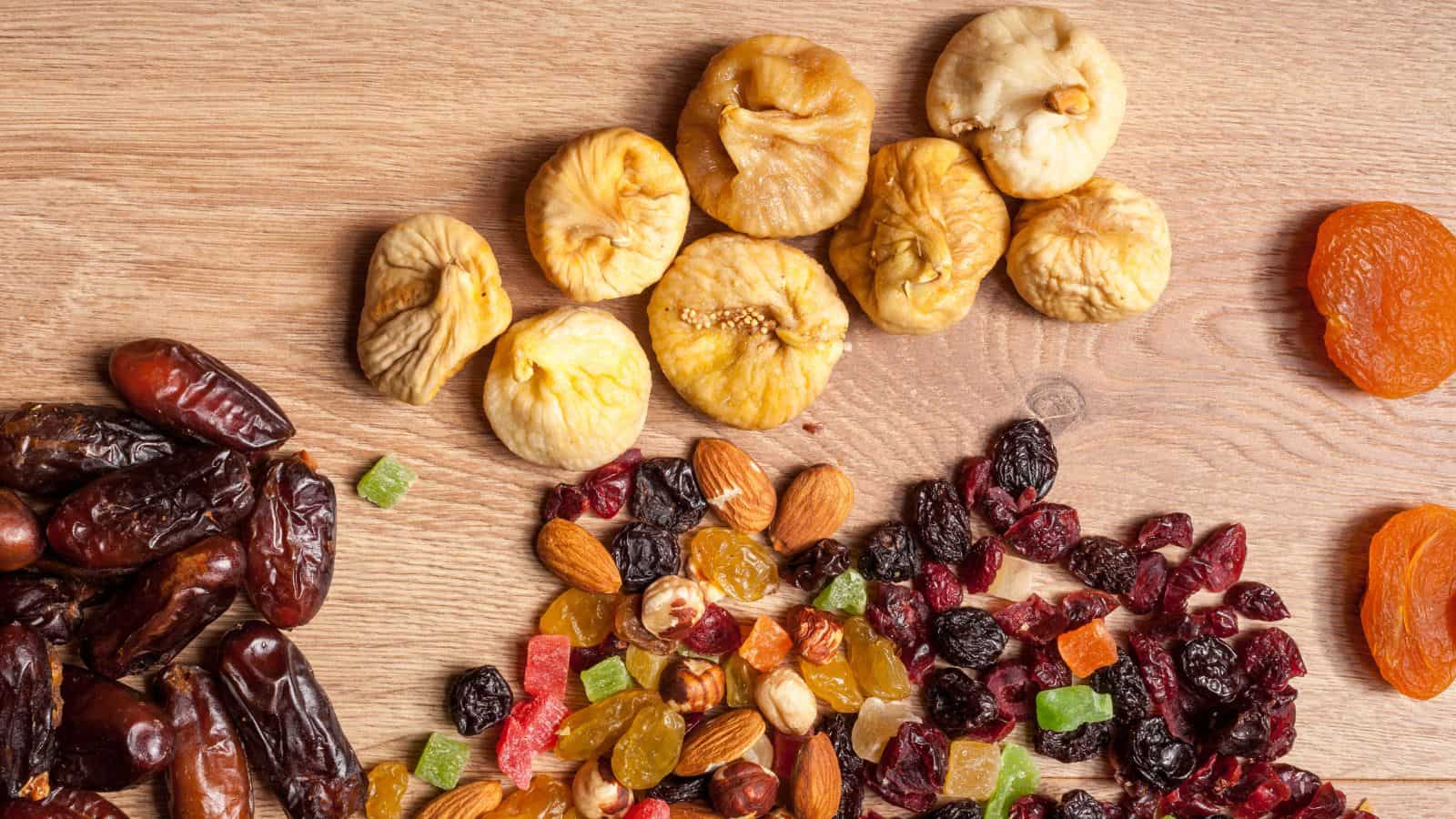
Dried fruits like raisins, apricots, and figs have concentrated levels of certain chemicals due to the removal of water content. Among these chemicals is tyramine, which can disrupt normal neurological processes and lead to headaches or migraines in vulnerable individuals. The drying process intensifies the presence of these compounds compared to fresh fruit. People who experience migraines may find that consuming dried fruits, especially in significant amounts, can prompt an episode, making it important to monitor intake carefully.
Caffeine-containing foods
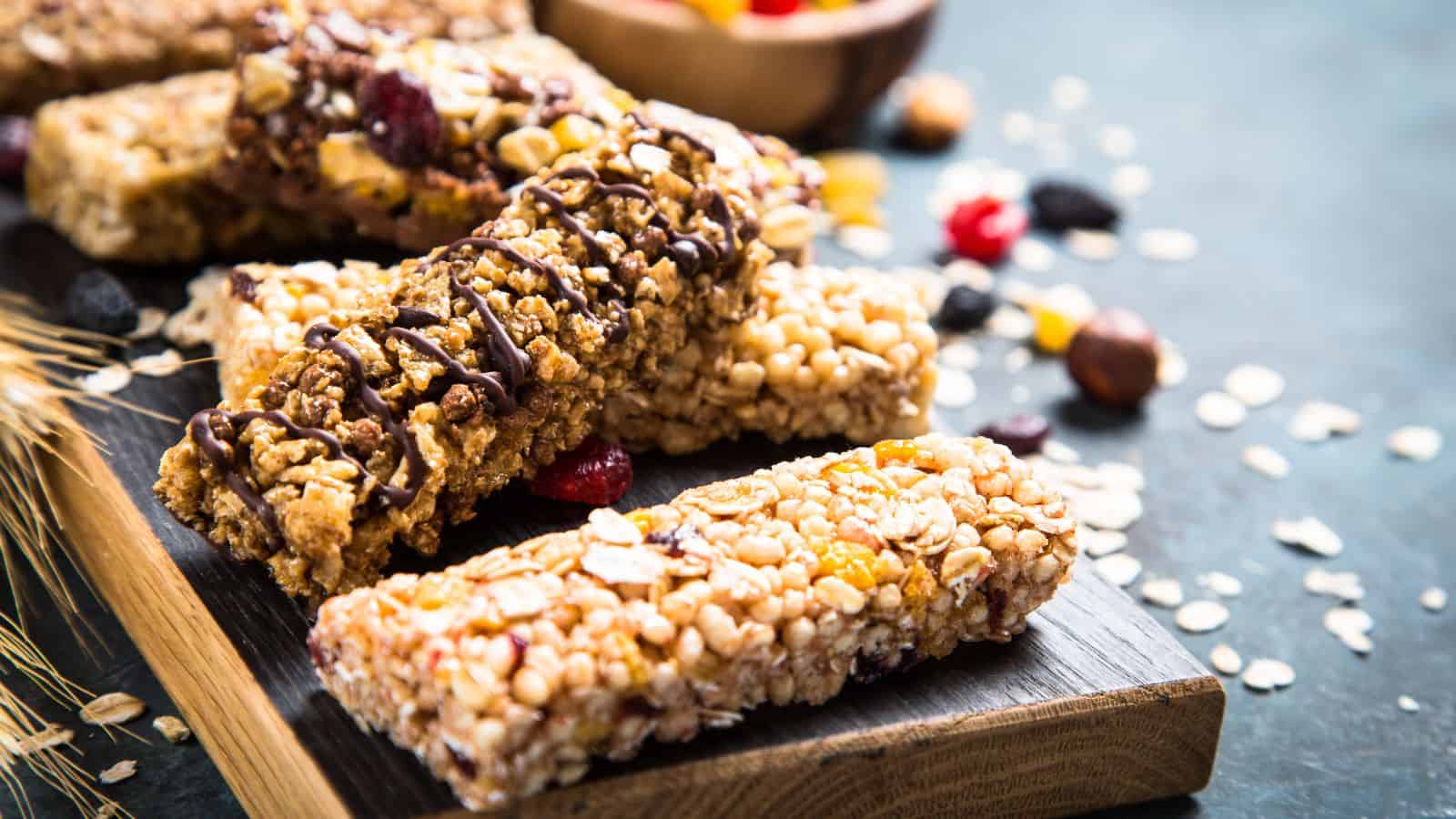
Caffeine is a stimulant found in various foods beyond coffee and tea, including chocolate and some energy bars. It affects the brain’s blood vessels and neurotransmitters, which can influence headache patterns. Both excessive intake and sudden withdrawal can trigger migraine attacks. The presence of caffeine in unexpected sources may cause individuals to consume more than intended, increasing the risk. Monitoring caffeine consumption from all sources is important for managing susceptibility to migraines and avoiding unexpected triggers.
Nuts and seeds
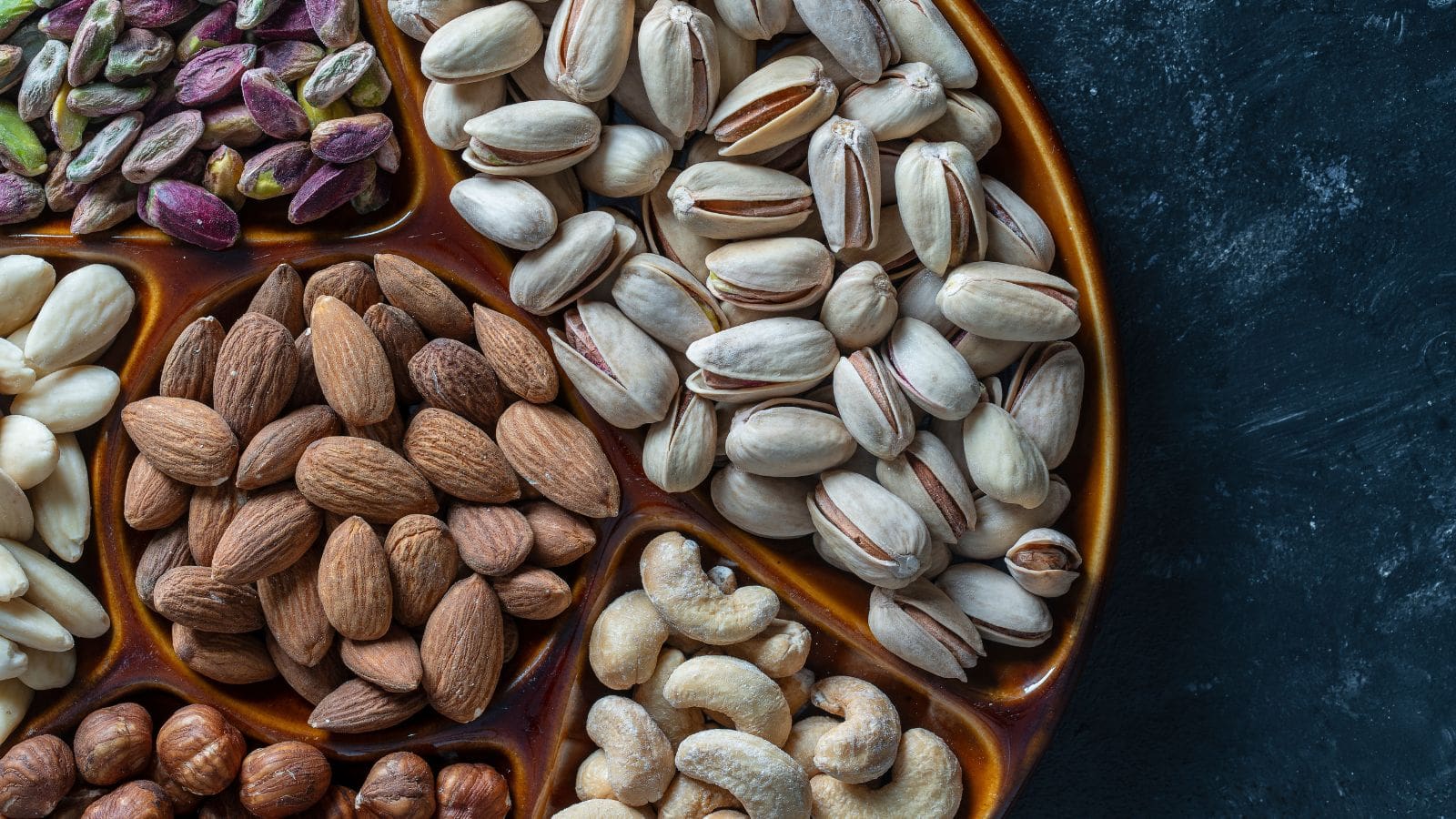
Certain nuts and seeds contain natural compounds that may influence neurological activity and provoke headaches in sensitive individuals. These foods include almonds, walnuts, and sunflower seeds, which have varying levels of biogenic amines like tyramine and phenylethylamine. These substances can affect blood vessel behavior and nerve signaling, potentially triggering migraine episodes. People prone to migraines might notice symptoms after eating nuts or seeds, especially if consumed in large amounts or on an empty stomach.
Soy products

Soy-based foods such as tofu, soy sauce, and edamame contain substances that can act as migraine triggers for some people. These products often have high levels of isoflavones and other compounds that may affect neurotransmitter function or blood vessel dilation. Additionally, fermented soy products can contain tyramine, which is known to influence migraine development. Sensitivity varies, so those affected might find that limiting soy intake helps reduce the frequency or severity of their headaches.
Processed meats

Processed meats like deli slices, sausages, and hot dogs frequently include additives such as nitrates and nitrites, which are used to preserve color and flavor. These chemicals can cause changes in blood vessel dilation and may provoke migraine attacks in susceptible individuals. The combination of preservatives and high sodium content can exacerbate symptoms. People who experience migraines might benefit from reducing or avoiding these foods to help manage their condition and decrease the chance of headache onset.
Monosodium glutamate (MSG)
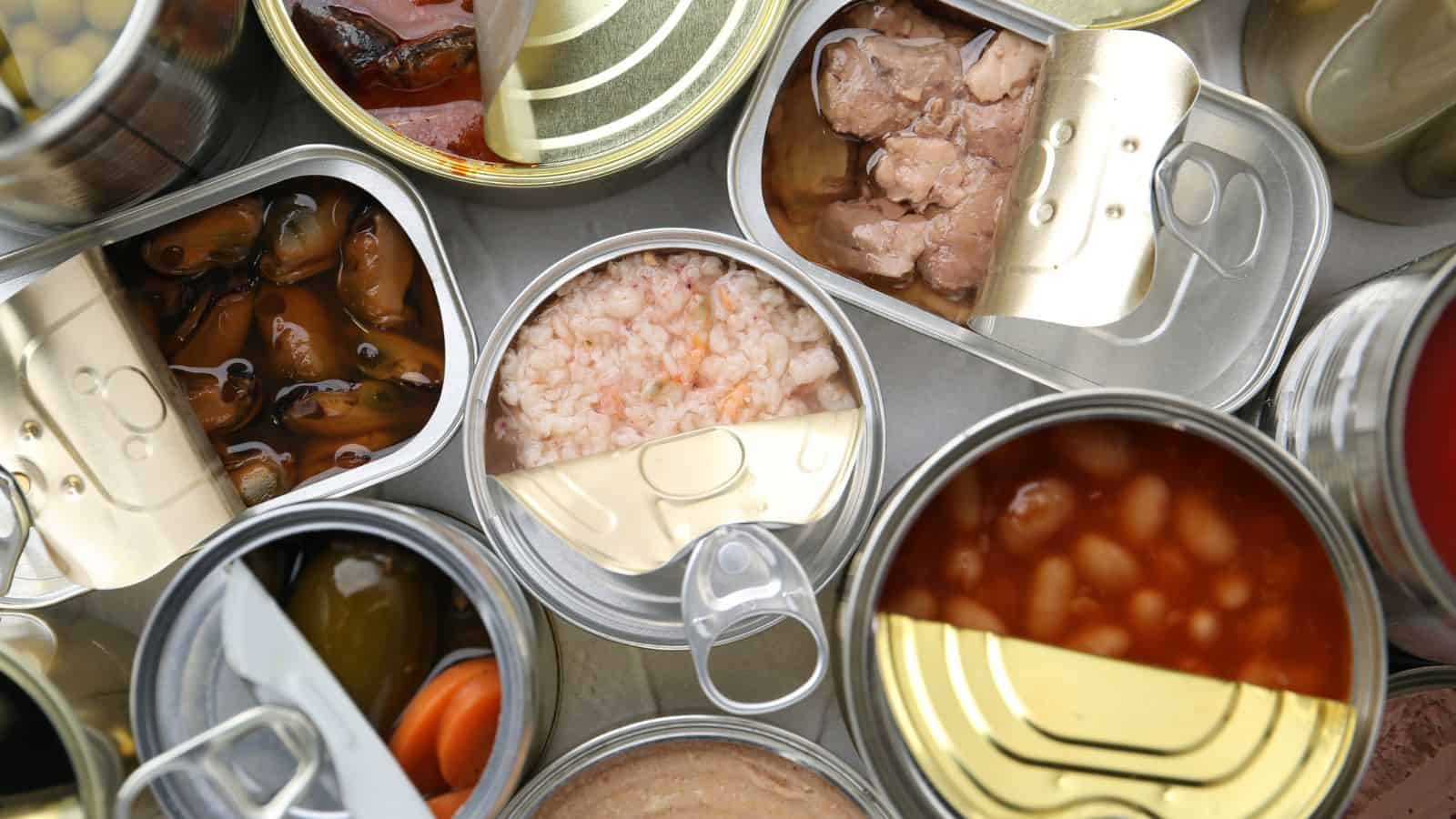
Monosodium glutamate is a flavor enhancer commonly found in some processed foods, canned soups, and certain Asian dishes. It can affect the nervous system by altering neurotransmitter activity, which may lead to headaches or migraine symptoms in sensitive individuals. Some people report experiencing a range of reactions after consuming MSG, including flushing, sweating, and pressure sensations, which can precede migraine episodes. Awareness of MSG content can help those affected avoid potential triggers.
Artificial sweeteners

Artificial sweeteners such as aspartame are used as sugar substitutes in many diet sodas, sugar-free gums, and low-calorie products. These compounds can interfere with brain chemistry and have been linked to headache and migraine onset in some individuals. The reaction varies widely, but certain people report that even small amounts can provoke symptoms. Monitoring intake of foods and beverages containing these sweeteners may be beneficial for those prone to migraine attacks.
Ice cream and very cold foods

Consuming very cold foods like ice cream can cause a sudden headache commonly known as “brain freeze,” which is a rapid onset pain triggered by cold stimuli affecting the nerves in the roof of the mouth. For some individuals, this sensation can escalate into a full migraine attack. The temperature change causes blood vessels in the head to constrict and then rapidly dilate, which may provoke migraine symptoms. Being cautious with cold foods might help reduce this risk for vulnerable people.
Certain cheeses

While aged cheeses are well-known migraine triggers, some milder cheeses, such as cream cheese, can also cause issues for sensitive individuals. These cheeses may contain small amounts of tyramine or other biogenic amines that influence nerve function and blood flow. The presence of these compounds varies depending on the cheese type and processing methods. People prone to migraines might find that even cheeses not typically considered problematic can contribute to headache episodes in some cases.
Beware The Bite That Bites Back!

Figuring out what foods might be triggering your migraines can really change how you feel day to day. It’s not always easy to spot the culprits since some triggers hide in plain sight. Taking the time to notice how your body reacts to different foods can help you avoid surprises and reduce the number of headaches you get. This doesn’t mean you have to give up everything you like, just be mindful of what might be causing trouble.
Making small adjustments based on what you learn can make a big difference. When you know which foods to watch out for, you’re better equipped to manage your migraines and feel more in control. It’s all about finding a balance that works for you and helps keep those painful moments to a minimum. Staying aware and listening to your body is the perfect way to move forward.
Foods That Boost Brain Health for Sharper Focus
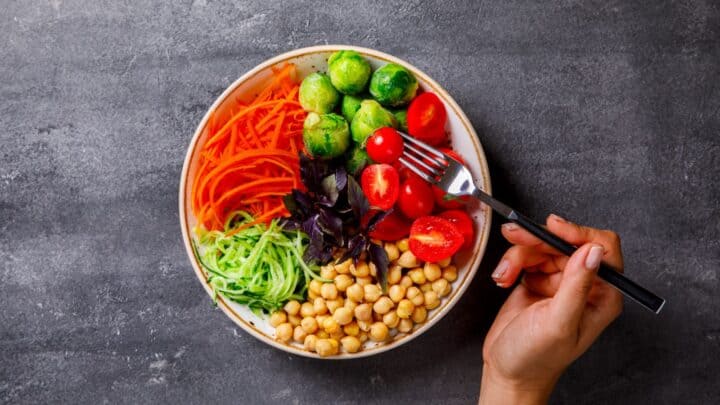
Keeping your brain healthy and sharp is important for everyday tasks and long-term well-being. With these 13 foods that boost brain health for sharper focus, you can improve your mental performance through simple dietary changes. From omega-3-rich fish to antioxidant-packed berries, these foods can help nourish your brain and enhance its function.
Read it Here: 13 Foods That Boost Brain Health for Sharper Focus
Enhance Your Memory with These Essential Brain-Healthy Foods

Keeping your brain sharp and your memory strong is more important than ever. What you eat can have a big impact on how well your brain works. These 11 best foods for brain health and memory can help boost brain function, improve memory, and keep your mind in tip-top shape. Whether you're studying for an exam, working on a big project, or just want to stay mentally alert, adding these foods to your diet can make a great difference.
Read it Here: Enhance Your Memory with These 11 Essential Brain-Healthy Foods






Tell Me What You Think!